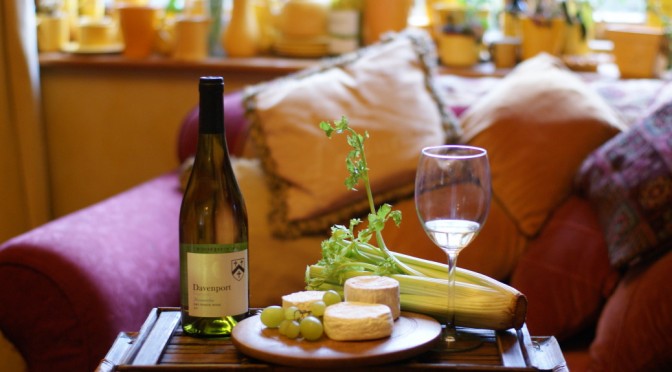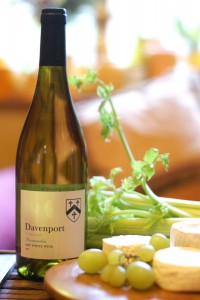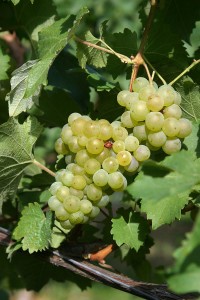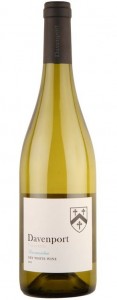Adrian Ajao/Elms aka Khalid Masood
The EDL, UKIP, Britain First etc blame Muslim immigration for last week’s Westminster terrorist attack. Yet Adrian/Khalid was middle-class Kent-born, with a white British mother, well schooled, popular, sporty until he turned violent down the local pub – you know that breeding ground of foreign national terrorism – the British pub. His parents live on a farm in Wales, and his mum runs a craft business.
Actually, it seems he was radicalised after custody for a violent knife attack when imprisoned at HMP Wayland, Norfolk.
Violence is the problem, not nationality.
Immigration
Masood was not Syrian, nor a migrant or refugee; not on Trump’s country flight ban list. Nor were all the perpetrators of the 7/7 London terrorist attack, they all grew up in diverse liberal Britain. Even in America, just 0.0006% of refugees have been convicted over the last 40 years or terrorist attacks.
Extremism is the problem, not immigration.
“We fret, rightly, that Isil is at war with Western civilisation. It is. But it is also at war with Muslim civilisation.” – Daily Telegraph
Islamist Terrorism
Adrian Elms’ conversion to Islam in a rural category C British prison was probably further narrowed in ideology during 4 trips to Saudi Arabia and its Sharia-supporting Wahhabism.
In a study of country origins of terroristsSaudia Arabia, UAE and Egypt topped the list.
A disproportionate number of terrorists are adult converts to extremist Islam. 2-3x more likely. Zealotry, “evangelism”, recruitment, conversion.
“In the UK between 2001 and 2013, 12% of “homegrown jihadis” were converts, but less than 4% of the overall Muslim population were. In the US, the total in 2015 was 40%, against an overall level of 23%.” – The Guardian
Fundamentalism is the problem, not flags of origin.
Homophobia
Listening to BBC Any Questions and Douglas Murray, a Spectator editor and regular newspaper writer, talking about British Muslims wanting homosexuality to be illegal, ignores the facts that so too do a minority of British Christians. Whilst surveys point to something a shade over 50% of Muslims opposing homosexuality and just 20% having no problem with it, those proportions were equally true of Christianity a few decades back. Indeed, surveys of Anglicans showed that 50% opposed homosexuality until around the year 2000.
Hate and fear are the problem, not faith
I don’t support any religious opposition to LGBT freedoms. I also know LGBT Muslims and Christians. They are not incompatible, it depends upon your interpretation and ideology. I will always challenge the ideology that is homophobic but not the person with peaceful, inclusive views. The fewer exemptions for Faith Schools from experiencing and encountering diverse, liberal cultures and education the better.
As we are not born with hate, it is clearly taught and caught, it stands to reason that it can be untaught and uncaught.
Education is the answer, not bigotry.
Not in my name
Among those of religious affiliation, even Muslims, #notinmyname is the more likely response to terrorism. Again, surveys point to around 1-4% of Muslims supporting terrorism. The actions of one person or even one per cent do not a majority ideology make. The more moderates, however, that do stand up and say “Not in my name” the better. You only have to listen to a range of news sources, rather than just right wing tabloids and far right political parties to realise that British Muslims were just as condemning of last week’s terrorist incident as the non-Muslim population. Indeed, surveys point to a majority of Muslims feeling more British than other indigenous or immigrant populations here.




